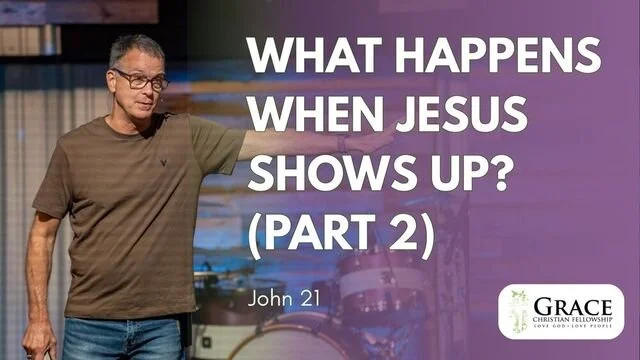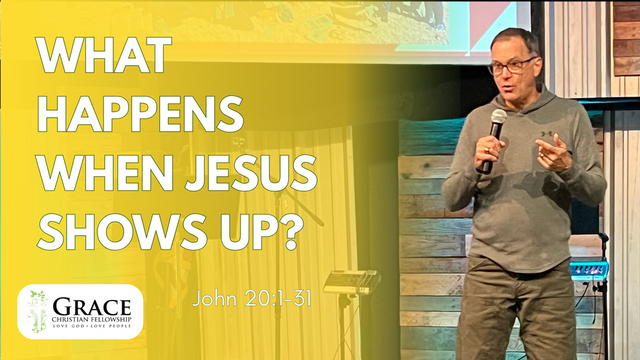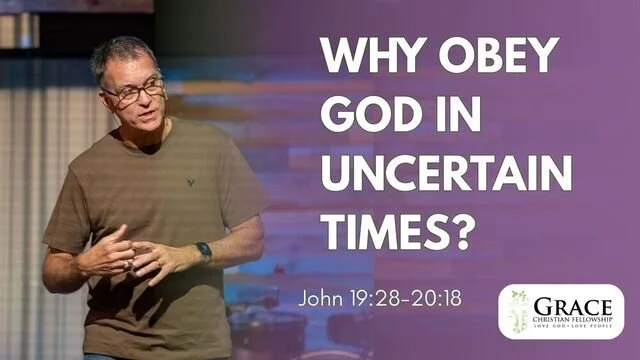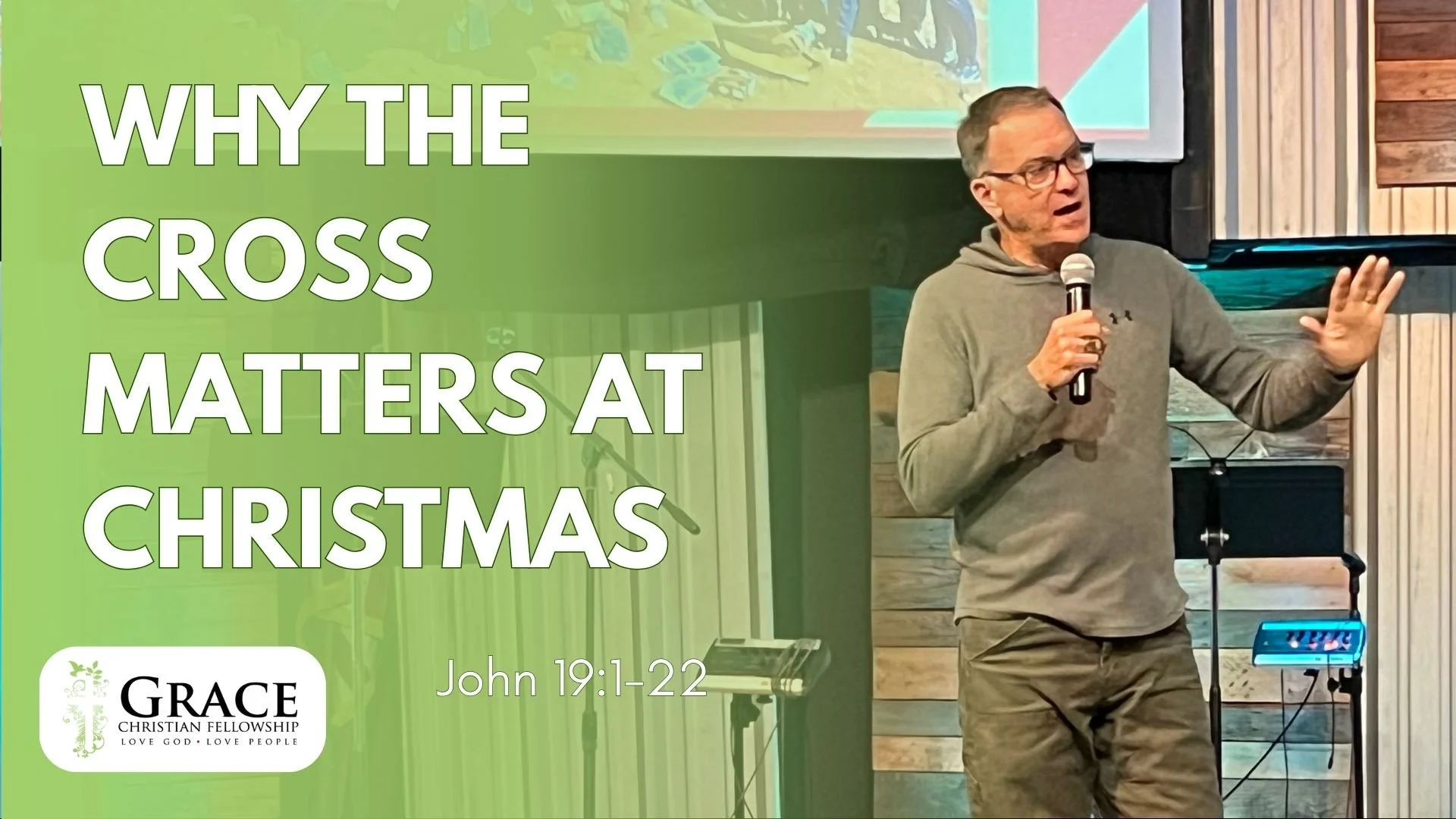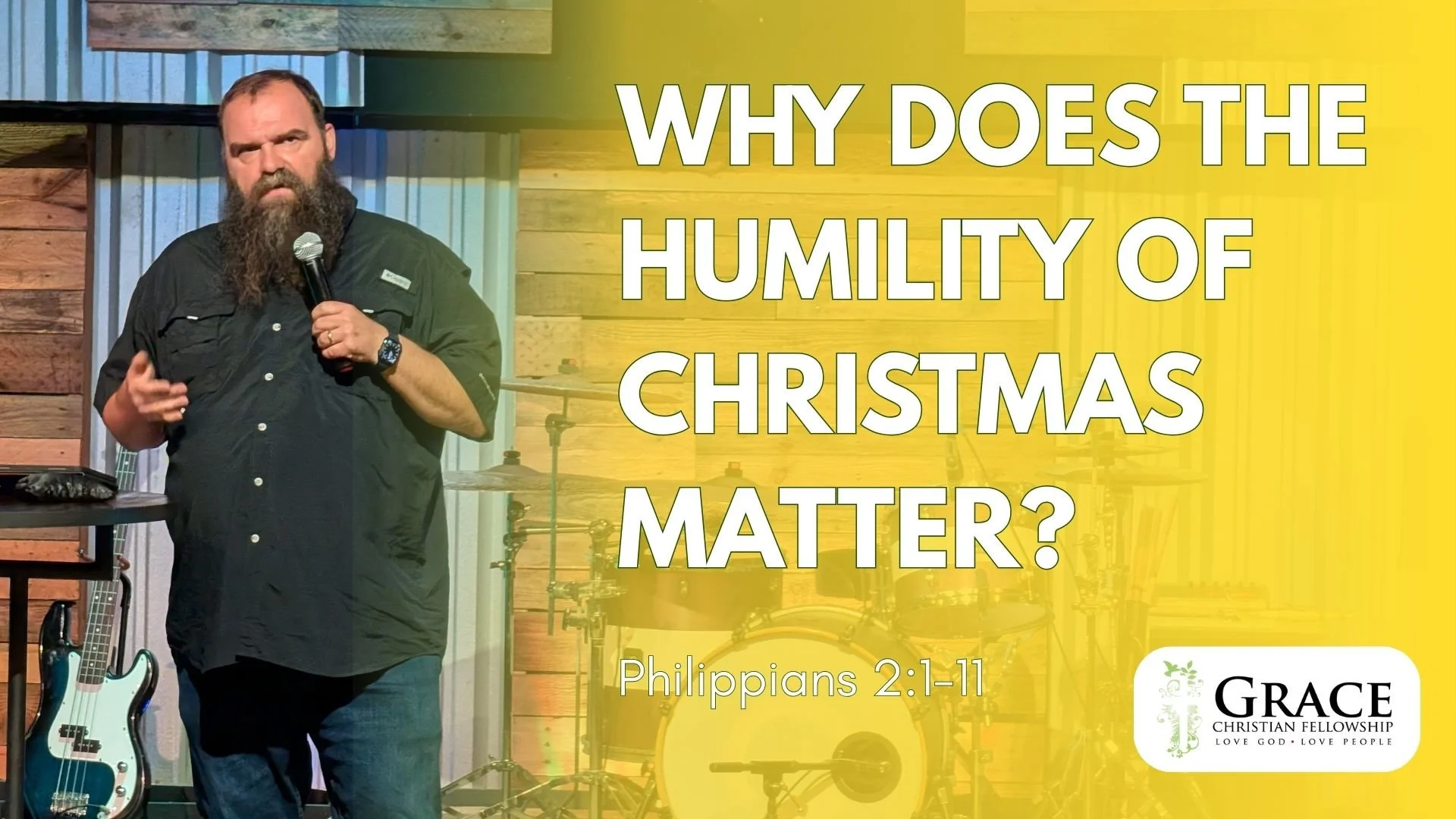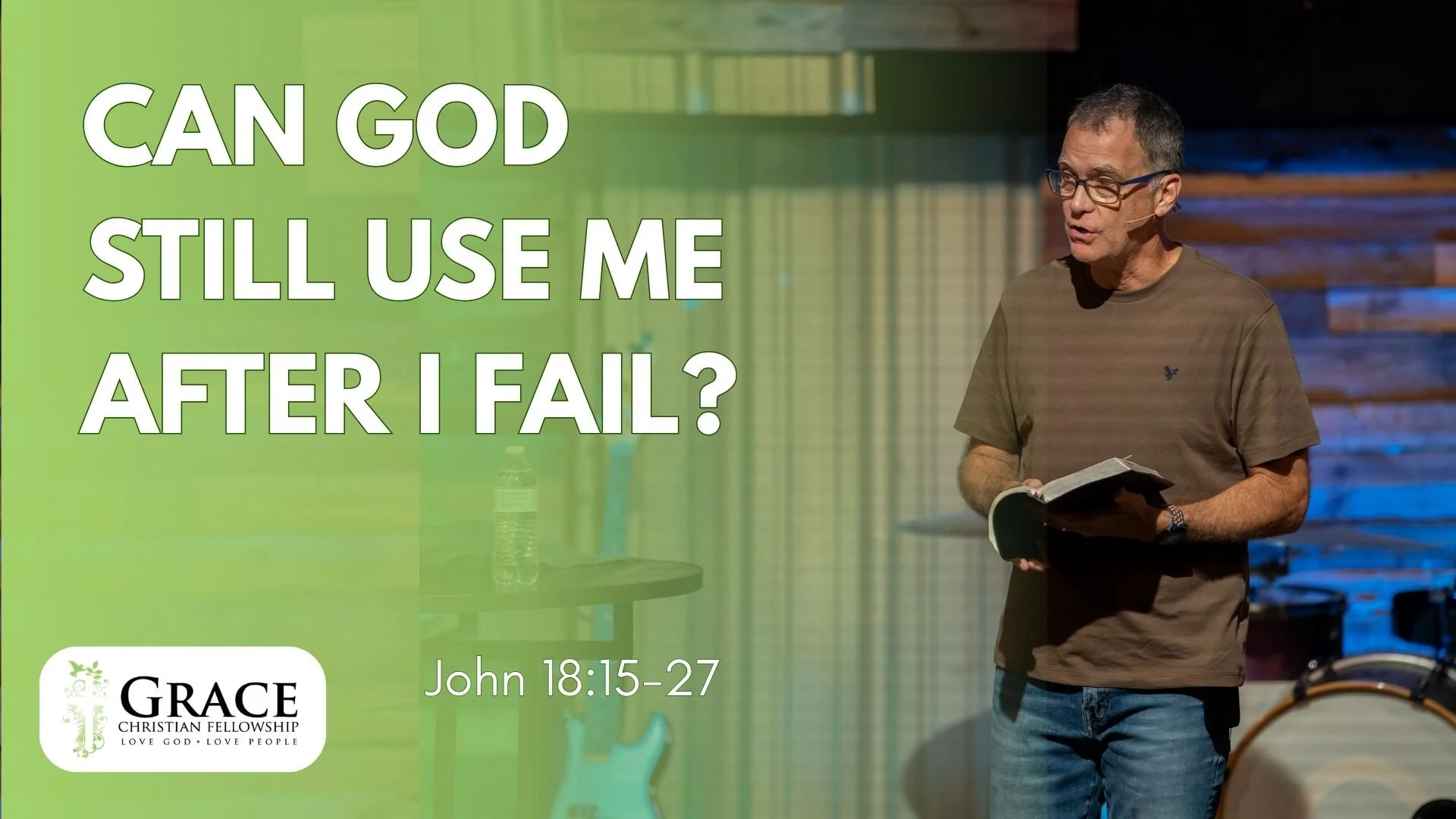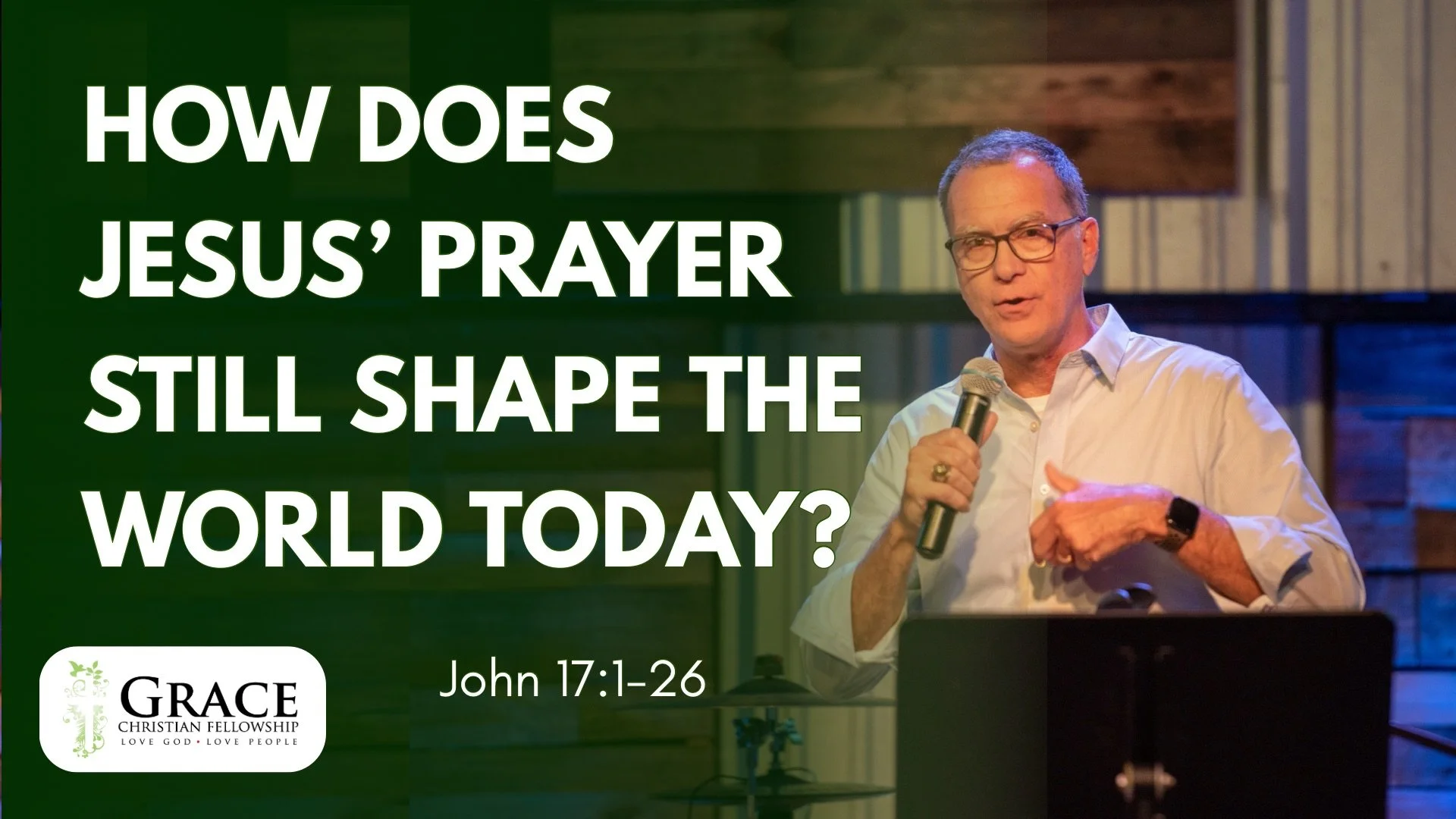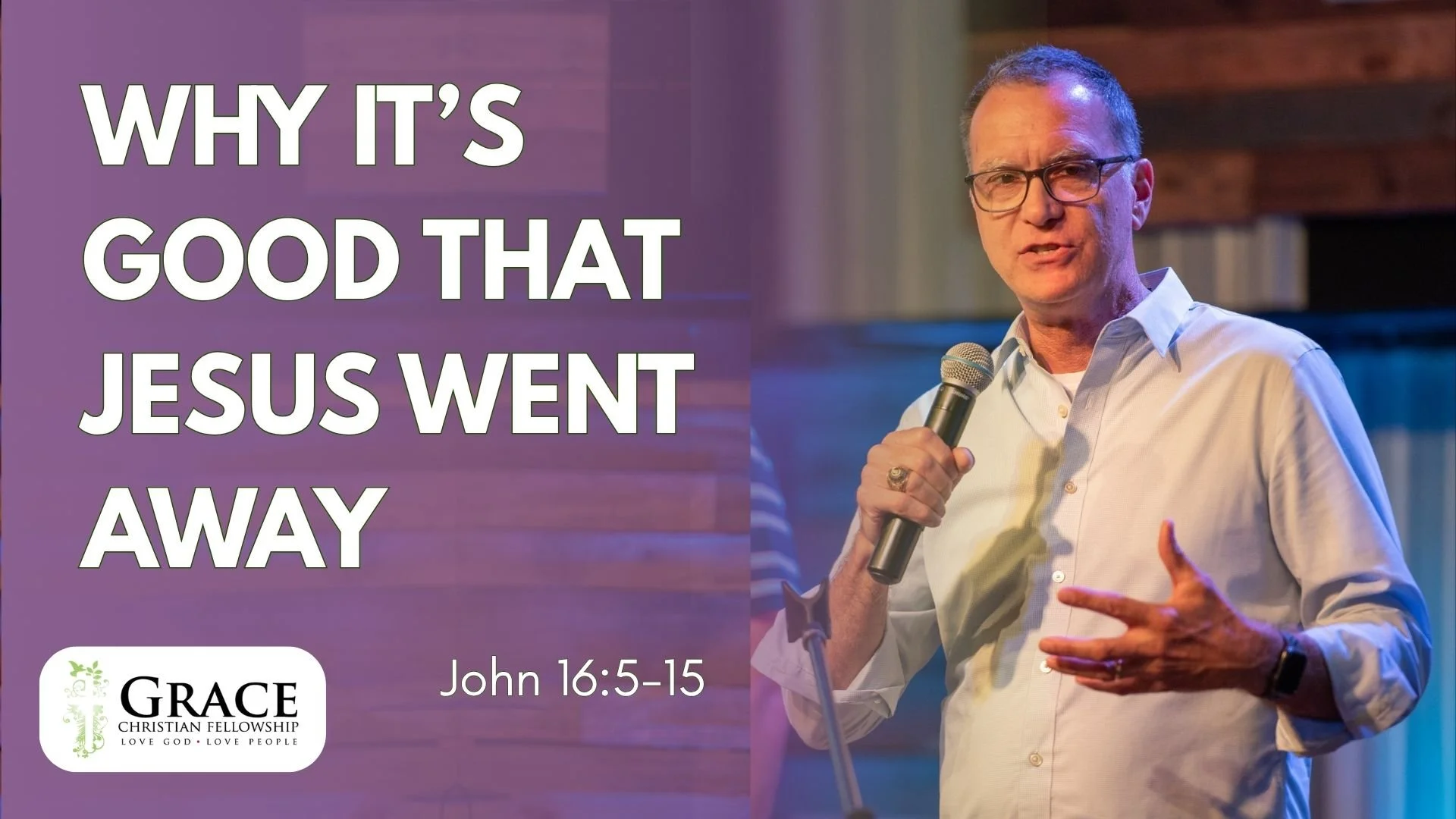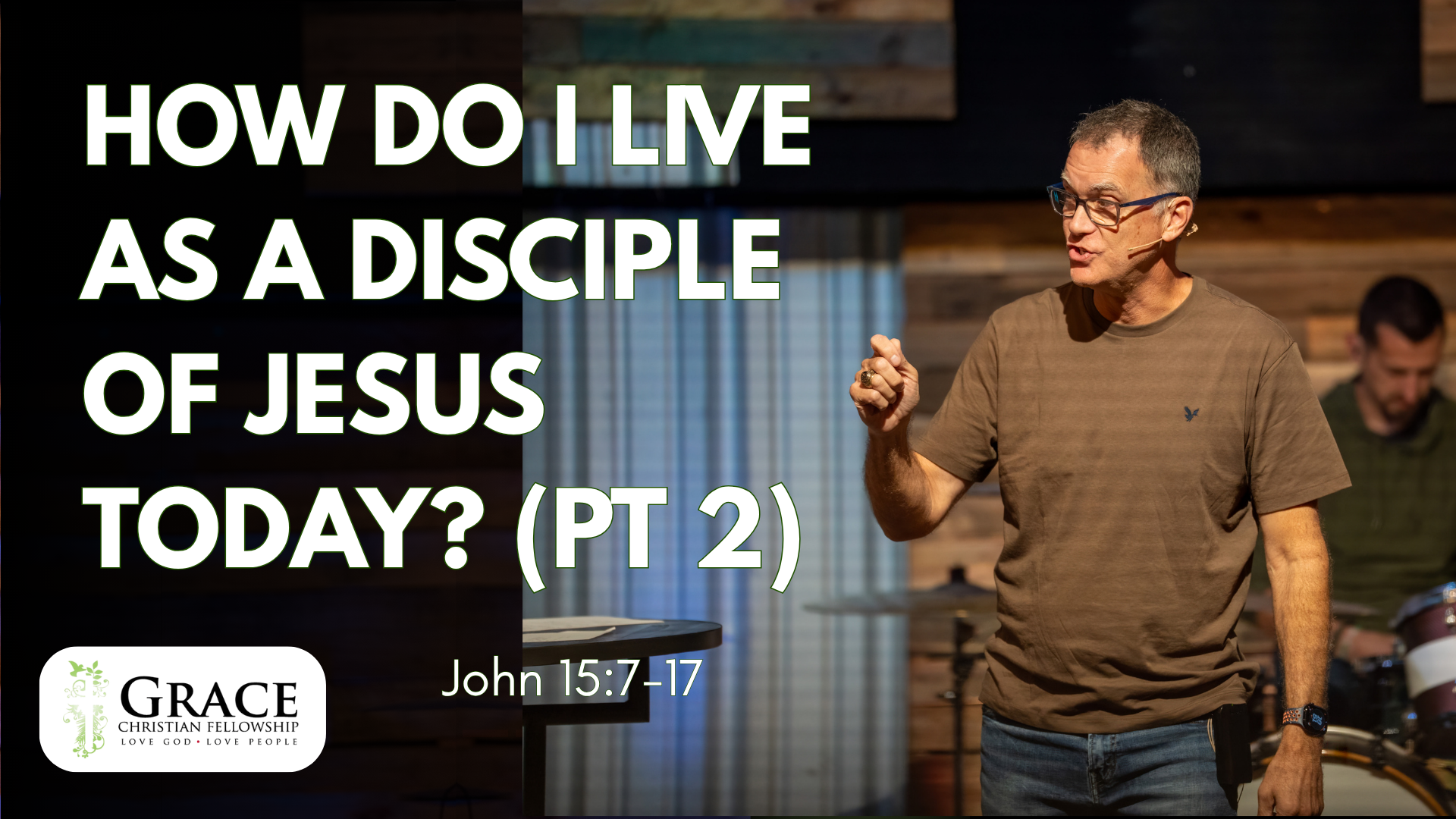Series: Signs & Glory
Title: What happens when Jesus shows up? Part 2
Scripture: 📖 John 21:1-25 NIV
Matthew 26:33-35
Preacher: Darien Roger Gabriel
Bottom Line: Jesus shows up to meet us where we are, restore what is broken, and send us where He is going. We love, feed and follow.
INTRODUCTION
CONTEXT
📖 SERMON OUTLINE
CONCLUSION
NOTES
QUESTIONS TO CONSIDER
DISCUSSION QUESTIONS
🎥 YOUTUBE DESCRIPTION
MAIN REFERENCES USED
⸻
Opening Prayer
Lord God, help us grow to be and do like Jesus, while abiding in Him and leading others to do the same. Amen.
⸻
INTRODUCTION
When did Jesus show up for me?
When I trusted Christ, I was in a Christian concert with my Christian friends who thought (like I did) that I was a Christian. I'd grown up on the church, finished confirmation class, baptized as an infant, active in youth choir, youth group, Sunday school, an acolyte and even handbells. But I didn't know Jesus yet. I knew about him but I didn't know him personally yet.
Jesus showed up for me at the end of that concert when Roger Brailand stood up and shared the simple gospel with everyone in the room.
He shared how Jesus lived a sinless life showing us what it looks like when we walk fully and faithfully with God.
He shared how Jesus died on the cross for my sins so that God could forgive me, if I would just believe and receive his forgiveness.
He challenged me to stand publicly in front of hundreds of people unashamed to call Jesus my savior and lord.
And I did stand up that day.
Since then I've been growing in the grace and knowledge of the Lord. I've been reading his word, journaling my thoughts and prayers, meeting with other Christians in different kinds of bible groups and studies, and gathering for worship each week. I've been serving people within the walls of the local church and sharing the gospel outside the walls around the corner in my neighborhood and around the world in places like Mexico, Kaz, China, Uganda and Curaçao.
And God has been faithful to grow me into the follower I am today. Far from perfect but becoming the person God created me to be.
He wants this for you too.
And he did show up...for you. 2,000 years ago he showed up, lived, died and rose again...for you and me.
In short:
I knew about Jesus, but I didn’t know Jesus.
That day, Jesus showed up—not because He had just arrived, but because I finally recognized Him.
And that’s how it always works. Jesus shows up first. Recognition comes later.
He's showing up for you right now.
Do you recognize him?
CONTEXT
It's part-way into the 40 days that Jesus reveals his resurrected self to his followers in Israel. He's making appearances to individuals and to groups as large as 500 at one time. He's encouraging, comforting and strengthening his Church--body and bride--and sending them out as his ambassadors to a world starving for the truth that sets us free.
John 21 is not an appendix—it is an epilogue. It shows us what resurrection faith looks like when the excitement fades and ordinary life resumes. That helps listeners understand why fishing matters.
We pick it up on the beach of the Sea of Galilee not far from Capernaum....
SERMON OUTLINE
I. When Jesus showed up for the 7 (21:1-14)
He asked them if they'd caught anything
He suggested they try again after all night of nothing
He miraculously blessed them with a huge catch & revealing who he was to them
He invited them to join him for a meal that he prepared
He kept their net from tearing
He asked them to contribute to the meal from their miraculous catch
He reminded them of their calling to fish for people
II. When Jesus showed up for Peter (21:15-25)
Jesus restored Peter.
3 questions "Do you love me..."
3 answers
3 times "Feed/take care of my lambs/sheep"
Jesus recommissioned Peter.
Sends him like a sheep among wolves; you will suffer in the mission too
"Follow me" into this mission and future
III. When Jesus shows up for you:
He will bring his abiding presence close so that you will be reminded of his presence
His power
His Spirit
His guidance
His provision
His protection
His mission for where you live, work, learn and play
He will bring his calling and command
Fish for people
Follow me
Don't worry about or compare yourself to others; be you--do you
Comparison distracts from obedience.
Curiosity about others delays faithfulness in ourselves.
CONCLUSION
Bottom Line: Jesus shows up to meet us where we are, restore what is broken, and send us where He is going. We love, feed and follow.
So what happens when Jesus shows up?
For me, he opened my eyes to the need to trust and follow Jesus for myself. To graduate from my parents faith into my own faith where I stand unashamed to trust and declare Jesus Christ as my Lord and Savior.
In short:
I knew about Jesus, but I didn’t know Jesus.
That day, Jesus showed up—not because He had just arrived, but because I finally recognized Him.
And that’s how it always works. Jesus shows up first. Recognition comes later.
Do you recognize him at work in your life yet?
If so, respond to his attempt to save you; to restore you to a real, personal relationship with him.
Then go and live sent--like Jesus would if he were in your shoes.
So let me ask you:
Are you paying attention?
Will you recognize Him when He shows up?
What happens when Jesus shows up?
I hope you’ll be ready to tell that story too.
To close the entire Signs & Glory series, let's circle back:
In John 1, Jesus says, “Come and see.”
In John 20, He says, “Peace be with you…as the Father sent Me, I am sending you.”
In John 21, He says, “Follow Me.”
Closing question becomes unavoidable:
The question is no longer whether Jesus has shown up.
The question is whether we will recognize Him—and follow.
INVITATION
What about you?
Peter puts it all in perspective in his first sermon:
““Therefore let all Israel be assured of this: God has made this Jesus, whom you crucified, both Lord and Messiah.” When the people heard this, they were cut to the heart and said to Peter and the other apostles, “Brothers, what shall we do?” Peter replied, “Repent and be baptized, every one of you, in the name of Jesus Christ for the forgiveness of your sins. And you will receive the gift of the Holy Spirit. The promise is for you and your children and for all who are far off—for all whom the Lord our God will call.”” Acts 2:36-39 NIV
How do we respond? Answer 2 questions:
Take out a card or piece of paper right now. Write down the answer to these questions:
What is God saying to me right now?
What am I going to do about it? Write this down on a sheet of paper.
What I hear you saying, Lord, is ___________________.
[my name] is going to believe/do __________________________________________________ as a result.
Finally, share this with your Home or Mission group this week when you gather as a testimony about what God is doing in your life. You don’t have to get too specific to give him praise.
Lord's Supper, 1 Cor 11:23-26 is good passage.
Also, say something like, "Christ has died, Christ is risen, Christ will come again." (past, present, and future)
Pray
NOTES
The 4 G's
God is great. Therefore, we don't have to be in control, for God is able.
God is gracious. Therefore, we don't have to prove ourselves to other people, for God loves us just as we are.
God is good. Therefore, we don't have to find satisfaction anywhere else. For God is more than enough for me.
QUESTIONS TO CONSIDER
What do I want them to know?
Why do I want them to know it?
What do I want them to do?
Why do I want them to do it?
How do they do this?
DISCUSSION QUESTIONS
Discovery Bible Study process: https://www.dbsguide.org/
Read the passage together.
Retell the story in your own words.
Discovery the story
What does this story tell me about God?
What does this story tell me about people?
If this is really true, what should I do?
What is God saying to you right now? (Write this down)
What are you going to do about it? (Write this down)
Who am I going to tell about this?
Find our sermons, podcasts, discussion questions and notes at https://www.gracetoday.net/podcast
Alternate Discussion Questions (by Jeff Vanderstelt): Based on this passage:
Who is God?
What has he done/is he doing/is he going to do?
Who am I? (In light of 1 & 2)
What do I do? (In light of who I am)
How do I do it?
Final Questions (Write this down)
What is God saying to you right now?
What are you going to do about it?
YOUTUBE DESCRIPTION
What Happens When Jesus Shows Up? (John 21)
After the resurrection, Jesus meets His disciples—not in the temple, but on a beach. In this final message from the Signs & Glory series, we explore how the risen Christ restores discouraged disciples, recommissions a broken leader, and calls each of us to follow Him without comparison or fear.
📖 John 21:1–25
👉 Restoration after failure
👉 Belief that leads to mission
👉 Following Jesus in everyday life
MAIN REFERENCES USED
“John,” by R. Kent Hughes, Preaching the Word Commentary, Edited by Kent Hughes
Exalting Jesus in John, by Matt Carter & Josh Wredberg
The Gospels & Epistles of John, FF Bruce
John, RC Sproul
John, Köstenberger
The Gospel According to John, DA Carson
Let's Study John, Mark Johnston
The Light Has Come, Leslie Newbigin (TLHC)
The Visual Word, Patrick Schreiner (TVW)
“Look at the Book” by John Piper (LATB)
“The Bible Knowledge Commentary” by Walvoord, Zuck (BKC)
“The Bible Exposition Commentary” by Warren Wiersbe (BEC)
Thru The Bible with J. Vernon McGee (TTB)
Outline Bible, D Willmington (OB)
NIV Study Bible (NIVSB) https://www.biblica.com/resources/scholar-notes/niv-study-bible/
Chronological Life Application Study Bible (NLT)
ESV Study Bible (ESVSB) https://www.esv.org
The Bible Project https://bibleproject.com
Nicky Gumbel bible reading plan app or via YouVersion
ChatGPT AI
John Foxe, Foxe's Book of Martyrs (FBOM)
Read More

